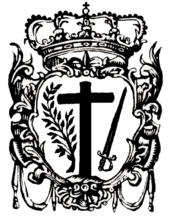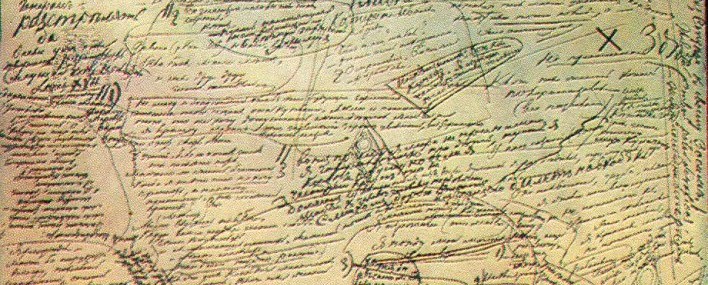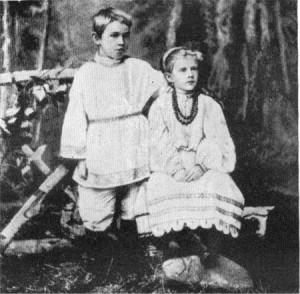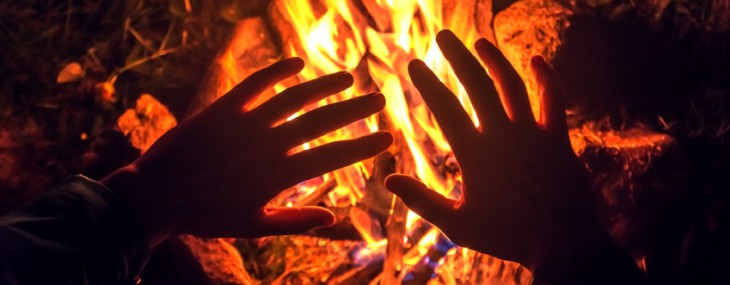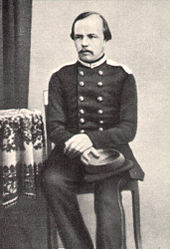If you’ve been following my posts on Fyodor Dostoevsky, here is the final and perhaps the best one. Last week I challenged readers to read the famous chapter, “The Grand Inquisitor,” from Dostoevsky’s crowning achievement–an epic novel called, The Brothers Karamazov. It’s so remarkable that complete copies of the chapter are available online.
I wept, reading it again. I always do, even though it is a fantastical story in a fictional novel. Take a moment now in your busy week and ponder the deep questions in this famous piece of writing…
Imagine the wonder of Jesus returning to the earth. Not as promised in all His glory—yet. Rather, just to see what’s become of us in the interim, in the long lapse of time that started when He said, “Behold, I come quickly.”
The sub-story is set in Spain at the time of the Inquisition, a forceful suppression of religious freedom, punishable by death. Jesus came in ordinary clothes to the hot pavement of Seville, which on the day before, a hundred heretics had been burned by order of the Grand Inquisitor. Dostoevsky initially paints a beautiful scene…Continue reading

